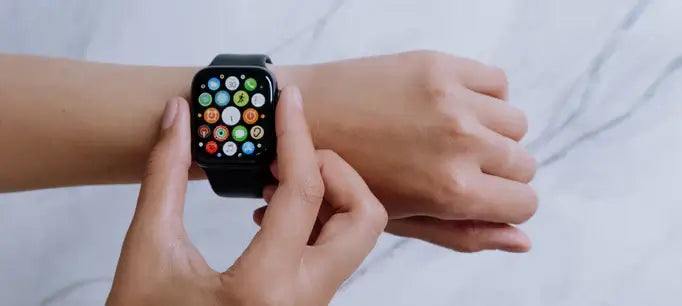The 5 Biggest Sleep Apnea and CPAP Advancements of 2024
Sleep apnea affects millions of people worldwide, with growing awareness each year. Characterized by repeated interruptions in breathing during sleep, it can impact health, mental well-being, and quality of life.
In 2024, several advancements in sleep apnea treatment and technology emerged. Here are the five most significant breakthroughs of the year:
1. Drug Therapy as a Potential Treatment for Sleep Apnea
One of the most exciting developments has been the exploration of drug therapy for treating sleep apnea. Medications like Ozempic and Tirzepatide, initially designed for diabetes and weight management, showed promising effects in reducing sleep apnea severity.
These drugs promote weight loss — a major factor in obstructive sleep apnea — and studies in 2024 found that patients using them experienced symptom improvement. While still under research, drug therapy may become a complementary or alternative treatment option for certain cases.
2. Smartwatches with Sleep Apnea Detection Features
In 2024, companies like Apple and Samsung introduced sleep apnea detection features in their smartwatches. These devices use sensors to monitor sleep patterns, oxygen levels, and heart rate variability, alerting users to possible sleep apnea events.
With an estimated 80% of people with sleep apnea undiagnosed, this technology could be a game-changer in raising awareness and encouraging early diagnosis.
3. Growing Use of Oral Appliances as a CPAP Alternative
Oral appliances gained more recognition as a comfortable and portable alternative to CPAP therapy for mild to moderate obstructive sleep apnea.
These devices, custom-fitted by dental professionals, reposition the jaw and tongue to help keep airways open during sleep. Though not a replacement for CPAP in severe cases, they offer a less invasive option for many patients.
4. Hypoglossal Nerve Stimulation Devices
One of the standout innovations of 2024 was the Hypoglossal Nerve Stimulator — a small implantable device that stimulates the nerve controlling tongue movement to prevent airway blockages.
Controlled via a handheld remote, this device helps reduce apnea events and improve sleep quality, especially for patients who cannot tolerate CPAP therapy.
5. Key Research Highlights from 2024
Research in 2024 brought forward valuable insights:
-
Studies confirmed that consistent CPAP use improves not just health, but also partner relationships and sleep quality.
-
New findings reinforced the connection between weight management and sleep apnea severity, supporting therapies like Ozempic and Tirzepatide.
These findings continue to refine sleep apnea treatment approaches, addressing both physical and psychological aspects.
6. The Rise of Sleep Wellness
Beyond medical treatments, 2024 saw a boom in the sleep wellness industry — including sleep trackers, noise-canceling devices, and sleep-enhancing supplements.
With the global sleep market valued at over $585 billion, there's growing cultural recognition of sleep as a vital part of overall health.
Looking Ahead
The innovations of 2024 have set the stage for a future where sleep apnea treatment is more effective, accessible, and patient-focused. As we move forward, staying informed and proactive about sleep health will be key to better quality of life.
If you suspect you have sleep apnea or want to improve your sleep quality, consider getting tested and exploring the right treatment options — whether through CPAP therapy, oral devices, or lifestyle changes.
Better sleep leads to better health, and advancements like these bring hope to millions worldwide


